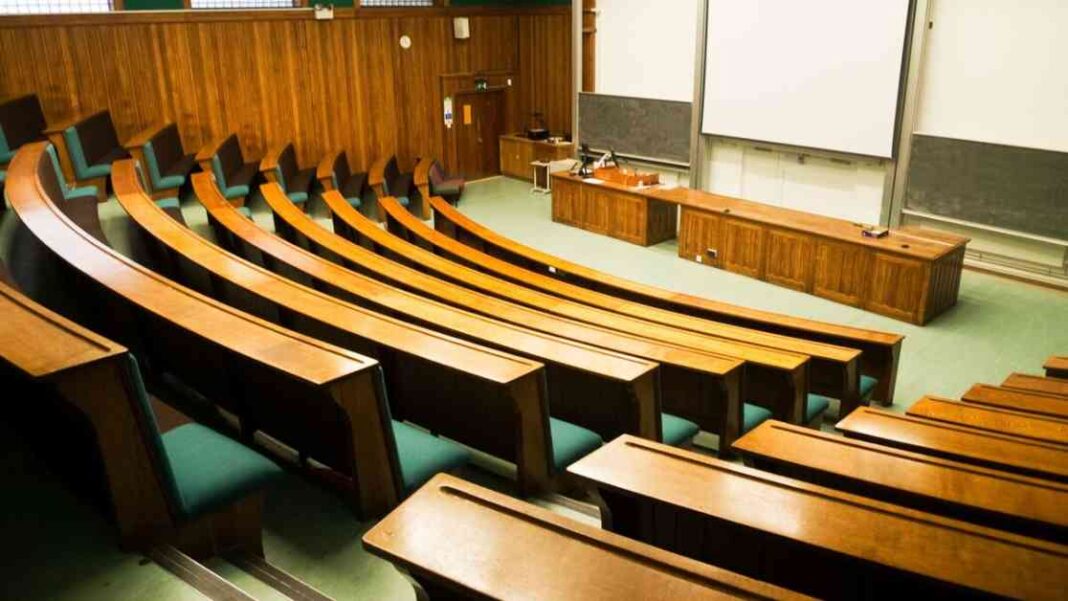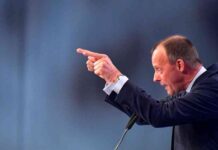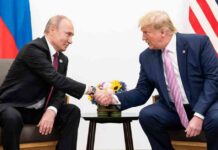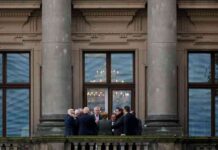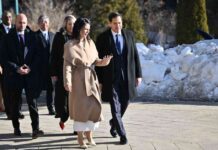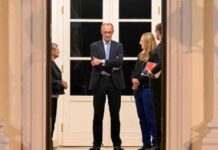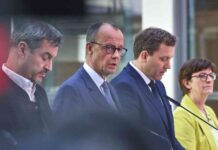The declining number of students in Catholic theology at universities is placing increasing pressure on the field. The concept of church universities is not seen as a solution by theologian Georg Essen. He believes that the way forward lies in opening up.
In addition to the decreasing student numbers, Professor of Systematic Theology, according to the press agency Kathpress, sees demographic changes, a „self-inflicted church crisis,“ and a diminishing societal relevance as reasons for this trend.
There is still time to work on interdisciplinary collaborations and the scientific self-understanding.
Theology consists of societal relevance. It is essential to resist the temptation to seek refuge in the establishment of church universities. The more theology seeks to protect its church identity by „self-referentially retreating into itself,“ the more it loses touch with other sciences and loses sight of the fact that its identity lies in its societal relevance. „What else?“ Essen asks.
Traditionally, theology derived its legitimacy as a university science from the educational mandate for church professions and religious education teachers, according to Essen. However, there is an increasing challenge to the „societal relevance“ of theology as a whole in public perception.
Rectors make demands on theology. Essen, who teaches at Humboldt University in Berlin, still observes a cautious handling of theology as an independent subject at universities in the rectorates.
However, the willingness to strengthen theology is accompanied by the demand that faculties should reform, evolve, and in some cases, re-establish themselves. Essen believes that the model of the future lies in institutional collaborations that should bundle interdisciplinary theological and non-theological religious research.
Taking a closer look at the concept of education, Essen also advised his own discipline to clarify the „concept of theology“ and its understanding of education: „What does it mean for the understanding of our field if the grand narrative of a universal connection of world history is lost to us? What does it actually mean for theology to interpret the world from the perspective of God’s eternity if we already fail to comprehend our world from the perspective of temporality?“
In the face of this „relativization and pluralization of interpretations of reality,“ a future and contemporary theological self-understanding can only consist of enabling people to deal with the constantly changing religious consciousness.
The Berlin Central Institute for Catholic Theology
The Central Institute for Catholic Theology (IKT) at the Berlin Humboldt University started its research and teaching activities in the winter semester of 2019/20. This coincided with the newly established Institute for Islamic Theology, which will share a common location with the IKT at Hannoversche Straße 6 after ongoing renovations.
The founding director of the IKT was the Berlin historian and council expert Johannes Helmrath. The managing director is Professor of Historical Theology, Günther Wassilowsky.
